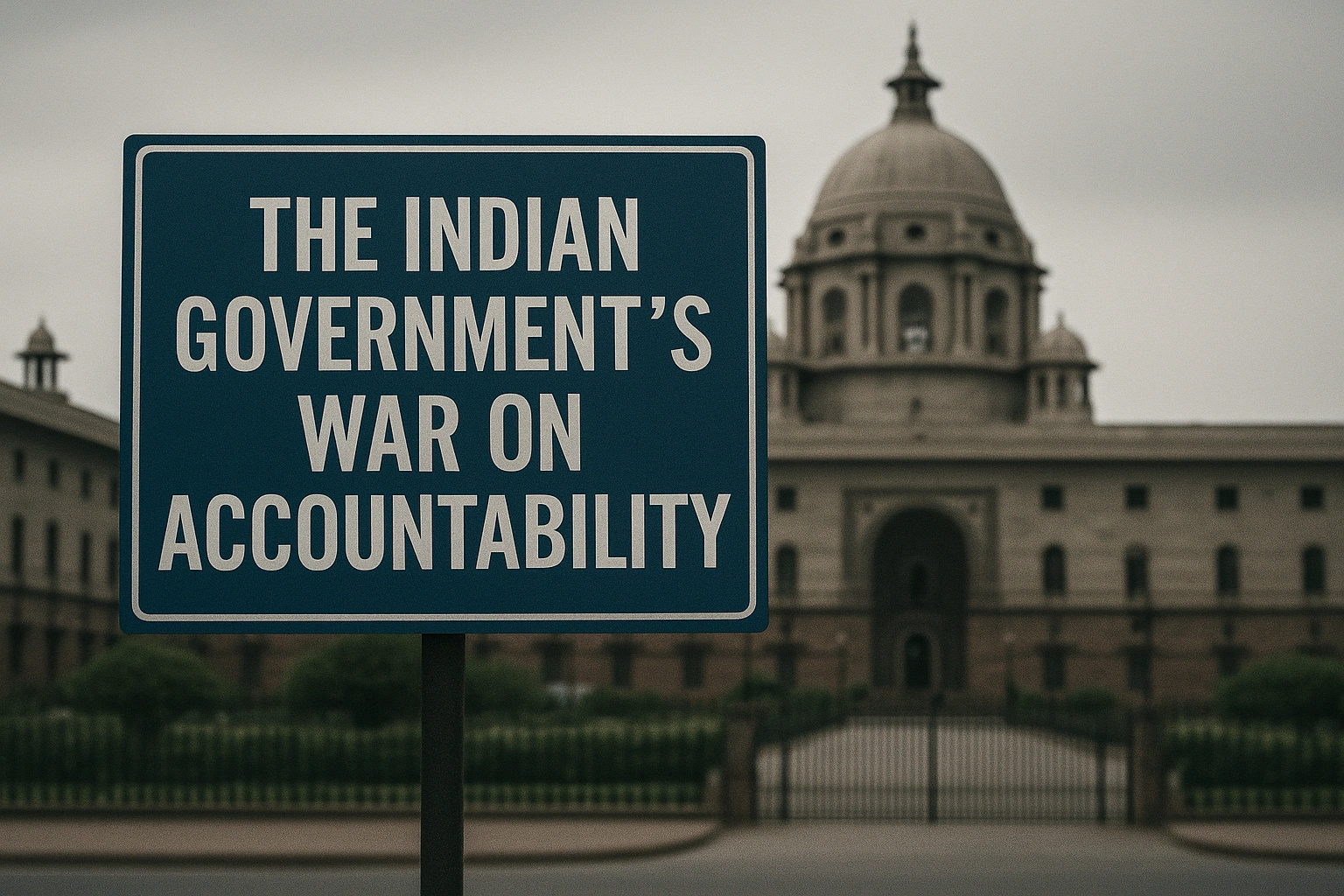The Indian Government’s War on Accountability

The Indian Government’s War on Accountability
In the aftermath of the 2019 clash with Pakistan which followed the terrorist attack in Pulwama, the Indian leadership, in a misguided attempt to protect its reputation, blamed outdated systems for its inability to challenge Pakistan’s Air Force. With the benefit of hindsight, we can see that if the IAF had taken this moment to self-reflect it may have understood that its problems went far beyond the platforms it was operating. Experts of modern military aviation understand that far too much weight is given to the platforms themselves and not nearly enough emphasis is put on the training of the pilots and service crews operating those platforms. Moreover, even if one can properly train their human capital and get the maximum value from their aircraft, without effective doctrines to guide their use, the value these systems can provide suffers significantly. Had India taken that moment in 2019 to understand these shortcomings, it would be in a much better position now.
Instead, Indian leaders placed the blame squarely on the aircraft they were operating. Their concerns were not baseless, India’s fleet at the time was quickly becoming outdated and there was a dire need to employ a modern system. However, the way in which the Rafale deal was marketed to the general public, framed as some “fix all” which would meet all the IAF’s requirements, meant that not nearly enough focus was placed on improving the quality of the human capital which would operate these aircraft.
Following the disaster on 7th May which saw the loss of four Rafales, one would think the Indian leadership had finally learned its lesson. Rather than admit to their mistakes outright, they first attempted the same denial tactics that ruined their credibility internationally in 2019. Initially, they claimed that they had not lost a single aircraft. However, with statements from foreign sources, including French intelligence, contradicting their narrative, they quickly changed their tune. Most recently, a credible British journalist and photographer specializing in military aviation, Alan Warnes, even claimed that four Rafales had been shot down. The fact that the Indian leadership took several months to confirm the loss of these aircraft is not some ploy to protect the confidentiality of their military operations, as some Indian netizens would have you believe. Rather, it is indicative of deep insecurity within India’s military leadership and a complete unwillingness of its civilian government to be honest with the general public for fear of electoral backlash.
Even the United States, undoubtedly the most dominant military in the world, has been forthcoming in the past when it loses aircraft. There was no long, drawn out media campaign to pretend the Soviets didn’t shoot down a U-2 spy plane or that an F-117 Nighthawk was not shot down over Serbia. If a global superpower is willing to accept that it can make mistakes and even its most advanced aircraft can be vulnerable to operational failures, why does the Indian leadership feel the need to project this image of itself? If they are willing to exist in a perpetual state of denial, how can they expect to improve their military’s operational readiness and avoid such embarrassment in the future? Moreover, given how readily Indian netizens have accepted the narrative put forth by the Modi government and perpetuated it online, have they even taken the time to ask themselves if anyone in the chain of command has been held responsible for their failures on 7th May? What the Indian Air Force displayed, first in 2019, and now again in 2025 is a complete unwillingness to accept any form of accountability.
While it has failed to dominate the skies over the subcontinent, the Indian government has excelled at dominating the narrative domestically. Narendra Modi’s ability to turn the 2019 humiliation into an electoral victory was one thing, but him being able to spin the loss of four of its most advanced aircraft positively is an alarming sign for the future of India’s democracy. While this most recent development holds dire consequences for the future of India’s Air Force, at least the Modi government can rest easy knowing its approval ratings have endured. By consistently sacrificing the operational readiness of its Air Force for short-term political gains over the past decade, the BJP government is setting the Indian public up for a rude awakening. In the domain of military aviation, denial and deception can only get you so far. From the F-104 Starfighter to the Mig. 25, history has shown that attempts by countries to boost the perception of their aircraft far beyond their true capabilities have always backfired. Unless the Indian state is able to foster a culture of honesty and accountability, the general public will continue to suffer for the incompetence of leaders at the top who are wholly unwilling to accept responsibility for their failures.








